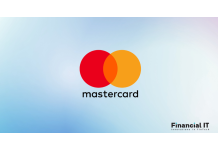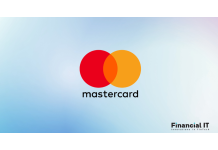Building a Coalition for Global Financial Health and...
- 25.11.2025 08:35 am
Lack of Financial Literacy Prevents UK Savers From...
- 13.11.2025 08:45 am
Sumsub Launches Free AML Fundamentals Course to Equip...
- 16.09.2025 09:55 am
FICO and Chelsea Football Club Kick Off Multi-Year...
- 21.08.2025 08:15 am
Confronted With Higher Living Costs, 72% of Young...
- 31.07.2025 01:55 pm
U.S. Bank Announces Resource Hub to Assist Small...
- 29.07.2025 08:55 am
CISI and HKSI Institute Collaborate to Advance Ethical...
- 23.07.2025 11:45 am
Young People Call for Change: 84% of Kids and Teens...
- 17.07.2025 11:05 am
From Pocket Money to Portfolio: Gen Alpha Is Rewriting...
- 18.06.2025 09:10 am
Responsible Lender Creditspring Partners with...
- 12.05.2025 10:35 am
Women Engage With Their Finances More Than Men – So...
- 07.03.2025 11:25 am
Binance Supports Global Fintech Institute to Advance...
- 04.03.2025 12:40 pm






















